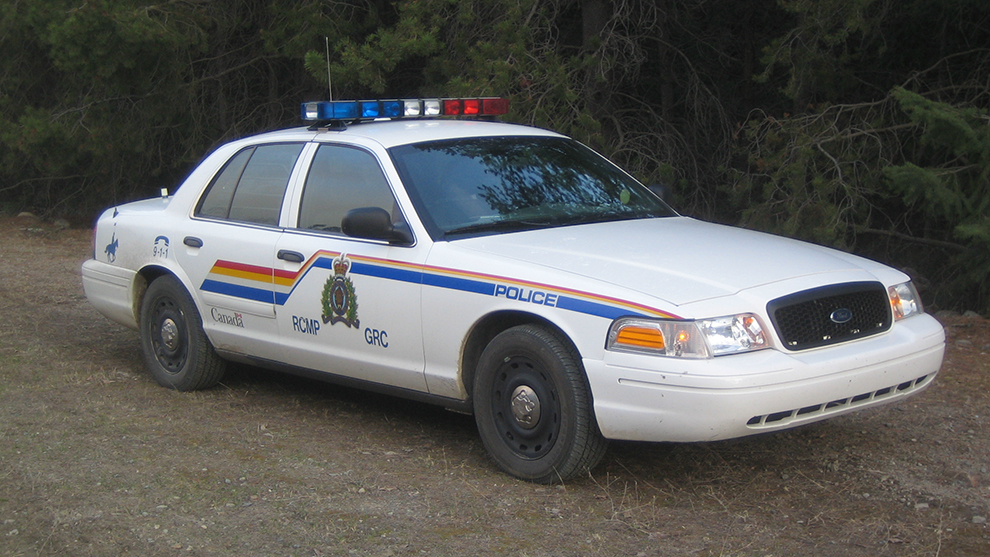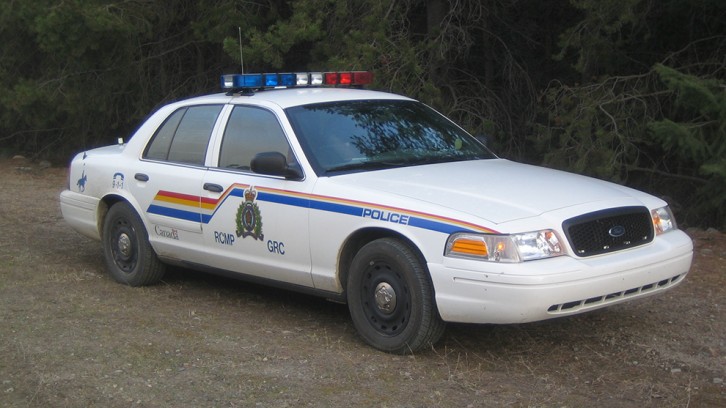RCMP
Nova Scotia RCMP scraps ride-along program for volunteers
Volunteers will no longer be in uniform either

caption
A Nova Scotia RCMP cruiser.
caption
Ride-alongs for auxiliary constables have ended.The RCMP in Nova Scotia has changed its auxiliary constable program so volunteers can no longer go on ride-alongs with regular members.
In addition, these volunteers are no longer wearing uniforms and their basic training has been scaled back.
The changes were officially implemented in January. RCMP acting Chief Supt. Dennis Daley explained the decision Monday at the Halifax board of police commissioners meeting.
There are approximately 1,600 auxiliary constables in Canada. First introduced in 1963, the program was designed to complement community policing and crime prevention.
However, a countrywide review has taken place.
Daley said that it’s not that the RCMP does not want these volunteers, it’s just that their role will now be changing.
“We’re looking for other opportunities, just not in uniform and not in patrol cars,” he said.
Auxiliary constables are not RCMP employees, but may sometimes carry peace officer status. They are strictly volunteers who are unarmed and don’t wear uniforms.
On its website, the RCMP outlines what an auxiliary constable is, the duties involved, as well as how one is selected. Their main role is to assist RCMP regular members and promote and participate in community-based events.
Recent events have brought into question the safety of various volunteers and armed forces reservists. In Alberta, in January 2015, Const. David Wynn, an officer, was killed and an auxiliary constable was critically wounded in their attempt to make an arrest. Cpl. Nathan Cirillo was fatally shot in Ottawa in 2014.
“These are very valued volunteers for us, however, at this particular time, ride-alongs and firearms familiarization has been discontinued,” Daley said.

